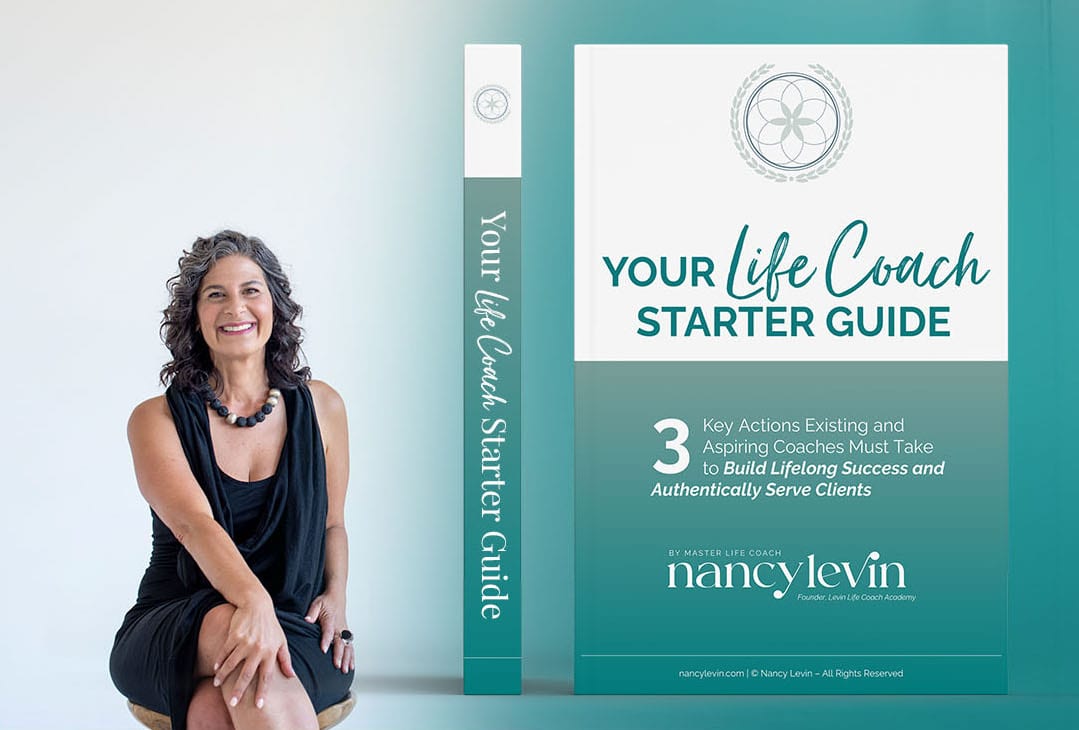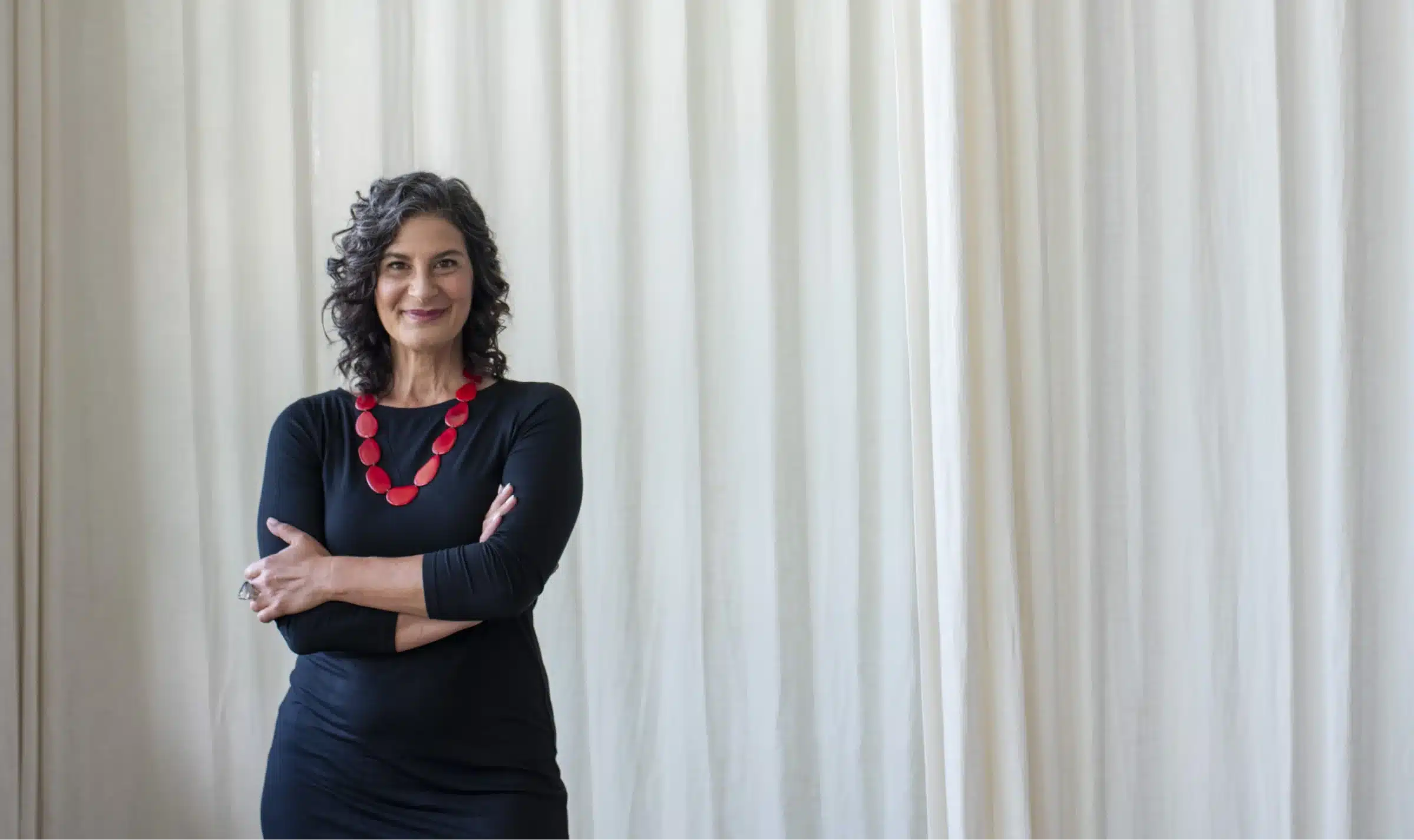
Who are you?
Are you the caretaker, fixer, problem child, perfectionist (insert your identity here________).
Do you want that to be your identity?
If you were to think back, is it possible this identity is tied to a feeling of unworthiness?
Here’s what I mean.
When we become aware of our beliefs or take the plunge to act in spite of them, we have the opportunity to prove them wrong. I’m sure if you review your past, you’ll think of things you once thought were fact that have since been proven to be nothing more than misguided beliefs.
Some of our self-judgments are based on misinterpreting what someone else says, or presuming we know what they’re thinking about us. We conclude that they’re judging us, and that judgment becomes a belief in our own psyche. But the truth is that the other person may not be judging us at all. The comment or action might have nothing to do with us, but we make it mean something about our worth. Think about how often we assume someone else is judging us. We do it a lot as adults. But when we were kids, we did it times a hundred.
At a young age, we only know who we are in reference to other people. We form our self-identity based on what others—parents, siblings, relatives, teachers, friends at school—reflect back to us. We assume the grown-ups around us know what they’re talking about. If an adult says there is something wrong with us, it must be true. Heck, even if some kid we dislike, who sits next to us in class, says, “Something’s wrong with you,” we usually believe it’s the truth.
Only it isn’t.
But as we grow up, these voices of our parents, as well as others in our lives, become our own. We repeat in our heads the same words we heard. Like our beliefs about money or anything else, we then relate to those words as fact.
And they become part of our identity.
How can you tell if the voice you hear in your head is the negative “voice of unworthiness”? It comes out in distorted or exaggerated language. Here are some examples of “negative-speak” that keeps us stuck at the mercy of limiting beliefs, excuses, and underlying commitments:
- Absolutes. Whenever we speak in black-and-white, all-or-nothing terms, we can be sure that it’s negative talk. The words “never” and “always” are big giveaways. “I can’t do anything right.” “I’ll never make it on my own.”
- Jumping to Conclusions. This is when we assume we know what others are thinking, and we assume it’s something bad . . . about us. Think again: How many times have you assumed that you didn’t receive a reply to an e-mail because the person was mad at you . . . only to find out that they never got it? Or they wrote back, and you didn’t get the reply? Or they simply didn’t think it was necessary to write back? Or they forgot? Or they were sick?
- Defeatist Thinking. We decide we already know what’s going to happen, sometimes based on past.
So today I want to you to think about an identity that isn’t really yours. I want you to start listening to your own beautiful and strong voice and reject the voice of unworthiness. Your value isn’t linked to success or failure. It has no relationship to what you do. It’s about who you are. So, who do you want to be?
Let’s keep this conversation going here and let me know, who do you want to be?








